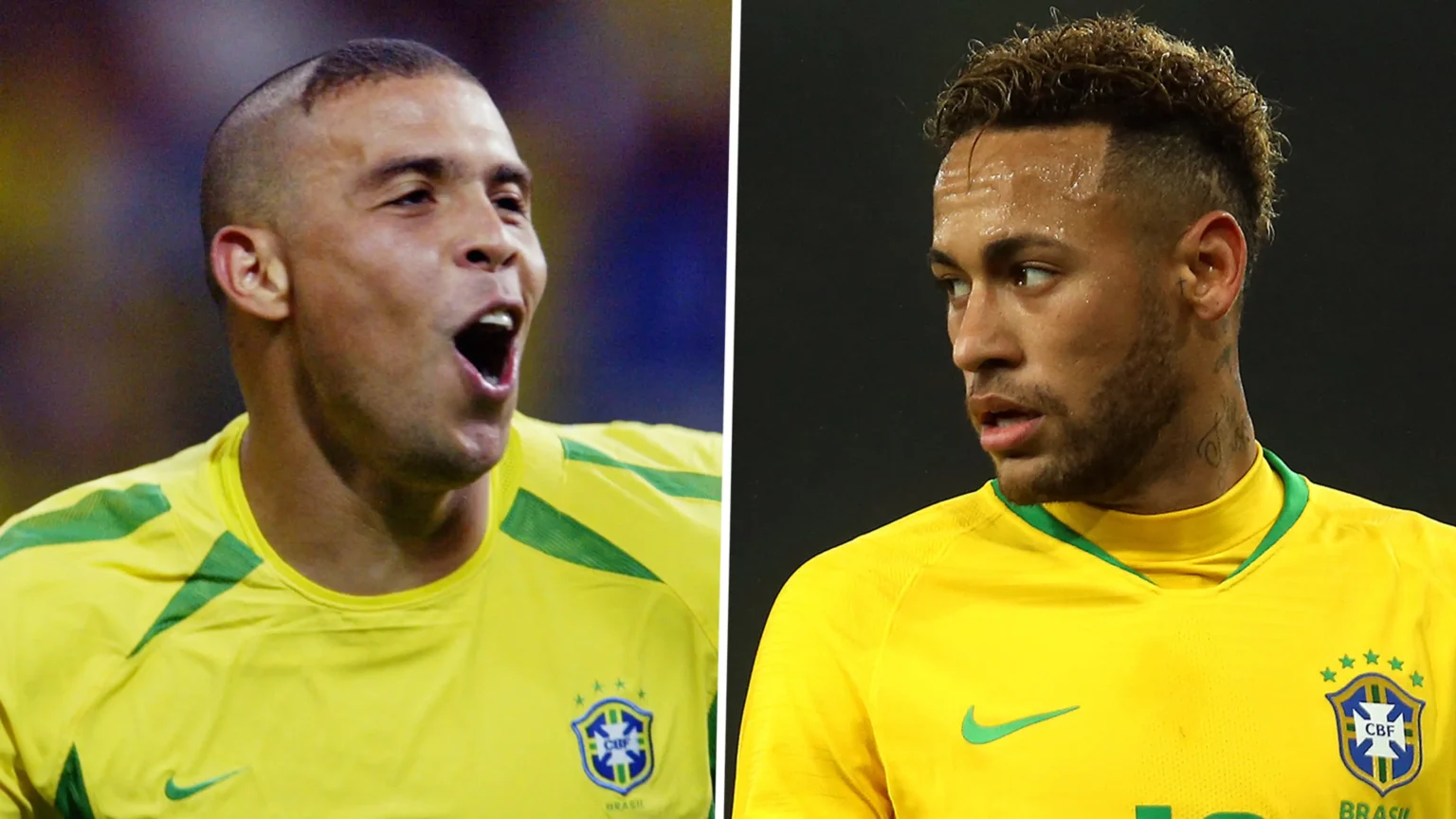
Why Do Brazilian Footballers Have Nicknames – Marketing Genius
Why do Brazilian footballers like Pelé, Zico, or Neymar go by single, catchy nicknames? Is it a mere trend, or does it symbolize something deeper? Imagine being known by a name that resonates with your personality, your style, or even your appearance on the field. It’s more than a moniker; it’s an identity.
In Brazil, a country passionately in love with football, these nicknames are not just words; they’re a rich tradition, a cultural phenomenon. They connect fans and players, making the sport more intimate and thrilling. But what’s the story behind this unique naming convention?
Why does it matter so much? Buckle up, dear reader, as we dive into the vibrant world of Brazilian football, unraveling the mystery, the charm, and the sheer genius of these iconic nicknames. It’s a journey you won’t want to miss!
Why Do Brazilian Footballers Have Nicknames – 4 Key Reasons
Cultural Significance of Nicknames in Brazil
In Brazil, nicknames are more than just playful monikers; they’re a cherished part of the culture. Have you ever wondered why so many Brazilian footballers go by their nicknames rather than their full names?
It’s a way to find nicknames that resonate with affection and familiarity. For example, the legendary player “Pelé” was named after the mispronunciation of the goalkeeper’s name “Bilé.”
These nicknames create an identity, allowing players to stand out and be recognized not just as athletes but as individuals.
Historical Roots of the Tradition
The tradition of using nicknames in Brazilian football has deep historical roots. Who started this trend? It’s hard to pinpoint exactly, but legendary players like “Zico” and “Romário” certainly popularized it.
Over time, this tradition has evolved, becoming a unique aspect of Brazilian football culture. From the early days of the sport in Brazil to the present, nicknames have been a way to honor the past while embracing the present.
Personal Connections and Meanings
Nicknames often tell a story, don’t they? In Brazilian football, they can reflect a player’s personality, characteristics, or even honor their hometown or family. Take “Hulk,” for instance, whose nickname reflects his powerful playing style. Or “Cafu,” who was named after Cafuringa, a player he admired.
These personal connections add depth to the players’ identities, allowing fans to see beyond the field and into their hearts and minds.
Connection with Fans
How do players connect with millions of fans? One way is through their nicknames.
In a world where marketing and branding are paramount, memorable nicknames become synonymous with players’ identities. “Neymar,” “Kaká,” “Ronaldinho” – these names are not just identifiers but brands in themselves.
They inspire curiosity, enthusiasm, and a sense of familiarity that transcends the sport. Isn’t it fascinating how a simple nickname can forge such a strong connection?
The Role of Media in Popularizing Nicknames
The role of media in popularizing nicknames among Brazilian footballers is significant. Journalists and commentators often coin catchy nicknames that resonate with fans, encapsulating a player’s style, appearance, or personality. These monikers become synonymous with the players, enhancing their public image and marketability.
Media outlets use these nicknames to create engaging headlines and stories, further embedding them in football culture.
The tradition reflects a unique blend of creativity and insight, where media professionals contribute to the colorful tapestry of Brazilian football, making it more relatable and exciting for fans worldwide.
Final Thoughts
Brazilian footballers’ nicknames are more than mere labels; they are a rich tapestry woven from cultural significance, historical roots, personal connections, and fan engagement.
These monikers encapsulate the vibrant spirit of Brazilian football, reflecting individuality, creativity, and a deep connection to heritage. From legendary players to the role of media, the tradition of nicknames has become an integral part of the sport’s identity in Brazil.
It’s a phenomenon that transcends the pitch, resonating with fans and adding a unique flavor to the beautiful game, making Brazilian football not just a sport, but a celebration of culture and community.



